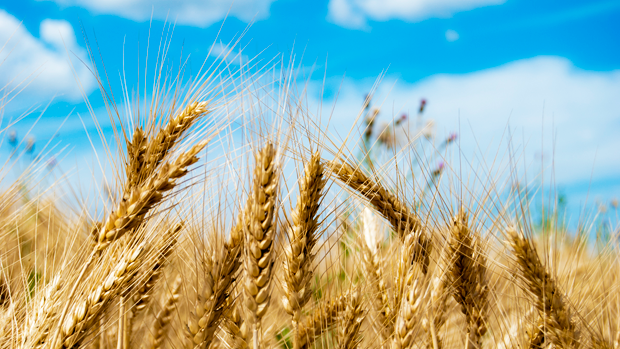Researcher Jin Suk Lee breaks new ground in plant biology

Jin Suk Lee, a biology researcher in Concordia’s Faculty of Arts and Science, is dedicated to understanding what makes the world around us grow.
Last year, Lee was named the Concordia Research Chair in Plant Science and Biotechnology. She conducts research into plant growth, which is helping scientists create more durable and productive crops.
“Today’s intensive farming requires heavy irrigation for maximal crop productivity,” she says.
“With the changing climate, one of the biggest challenges in agriculture, which is Canada’s leading economic activity, is to produce greener crops.”
A researcher in the making
Lee’s research has taken her far and wide, first from Korea to British Columbia, where she received her PhD from UBC’s Department of Botany in 2008.
From there, she wound up in the United States, in a lab at the University of Washington conducting research into how plants grow and develop. This groundbreaking research was featured in the science journal Nature.
Currently, Lee’s research focuses on the molecular mechanisms that control plant growth, and specifically on plant stomata, the cellular interface between plants and the atmosphere.
“Plants are wonderful because they uptake carbon dioxide for photosynthesis through stomata, and during this process water molecules are released,” says Lee, before explaining that both the water use and photosynthetic efficiencies of plants, are highly influenced by the number and distribution of stomata on the leaf surface.
“I think understanding this relationship is the key to engineering a future with more robust, sustainable food crops that also give higher yields,” says Lee. “The environmental implications of that are significant.”
A beacon in the classroom
Patrick Gulick, chair of Concordia’s Department of Biology, says Lee’s work is paving the way for a greener future.
“Her research is at the forefront of plant molecular biology. The knowledge she is building has a wide range of applications — everything from plant improvement to human health issues.”
He adds that Lee’s teaching has also been inspiring, and she is appreciated not only for her mastery of subject matter but also for encouraging student participation.
“Lee is an excellent scientist and an innovative instructor. She teaches very challenging subjects in a field of molecular biology that continuously advances with striking new developments,” Gulick says.
“Her style of teaching guides students on the surprising and convoluted path of discovery that is much beyond the learning of facts. She is able to bring subjects to life for her students and to encourage their intellectual engagement with this dynamic area of biology.”
The future looks green
In her new role as a Concordia research chair, Lee has high hopes for what’s to come. Her goal? To establish an internationally led program in plant science and biotechnology at Concordia.
“I believe that my broad training, experience and innovative approach for sustainable agriculture will allow me to promote interdisciplinary and transformative research.”
Find out more about Concordia’s Department of Biology.




